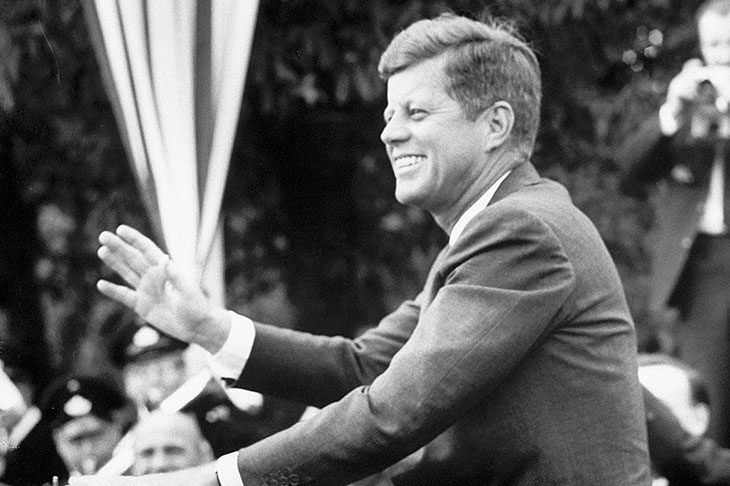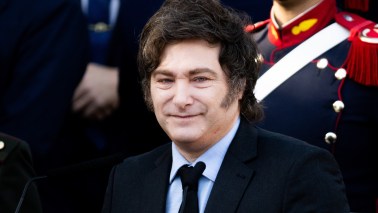It’s easy to forget that John F. Kennedy lived such a short life. At 43, he was the second youngest president in history; when he died, he was younger than Barack Obama was in 2009. Kennedy’s presidency was brief —‘a thousand days,’ as the historian and Kennedy confidant Arthur Schlesinger Jr memorably put it — but included some of the most intensively covered episodes in modern history, from the civil rights movement to the Cuban Missile Crisis.
As a result, JFK has not lacked for attention. So, what more is there to say about him? A good deal, it turns out. Kennedy is familiar yet mysterious, and therefore difficult to get come to terms with — perhaps this is why he’s been given a surprisingly wide berth by presidential biographers. We’ve never really understood him. This most famous of presidents remains one of the most enigmatic. His life has been chronicled, to be sure, but not as it should be, and nothing like his contemporaries Lyndon B. Johnson and Richard Nixon.
Kennedy nearly died in 1946 when a Japanese destroyer rammed his navy patrol boat in the South Pacific
This is mostly because Kennedy is shrouded in myth, for which his inner circle bears much of the responsibility. They mythologised him at virtually every stage of his career, no more so than in the wake of his assassination, in 1963, when the idea took hold that Kennedy’s Washington was an American Camelot (inspired by the Broadway musical, strangely but fittingly, rather than the Arthurian legend). The Kennedy family’s susceptibility to tragedy — three of JFK’s siblings, as well as his son, died young, as suddenly and violently as he did himself — adds to his mythic dimensions.
His glamorous lifestyle has also fed the myth: it’s difficult to accept someone as a mere politician whose numerous lovers included Marilyn Monroe.







Comments
Join the debate for just £1 a month
Be part of the conversation with other Spectator readers by getting your first three months for £3.
UNLOCK ACCESS Just £1 a monthAlready a subscriber? Log in